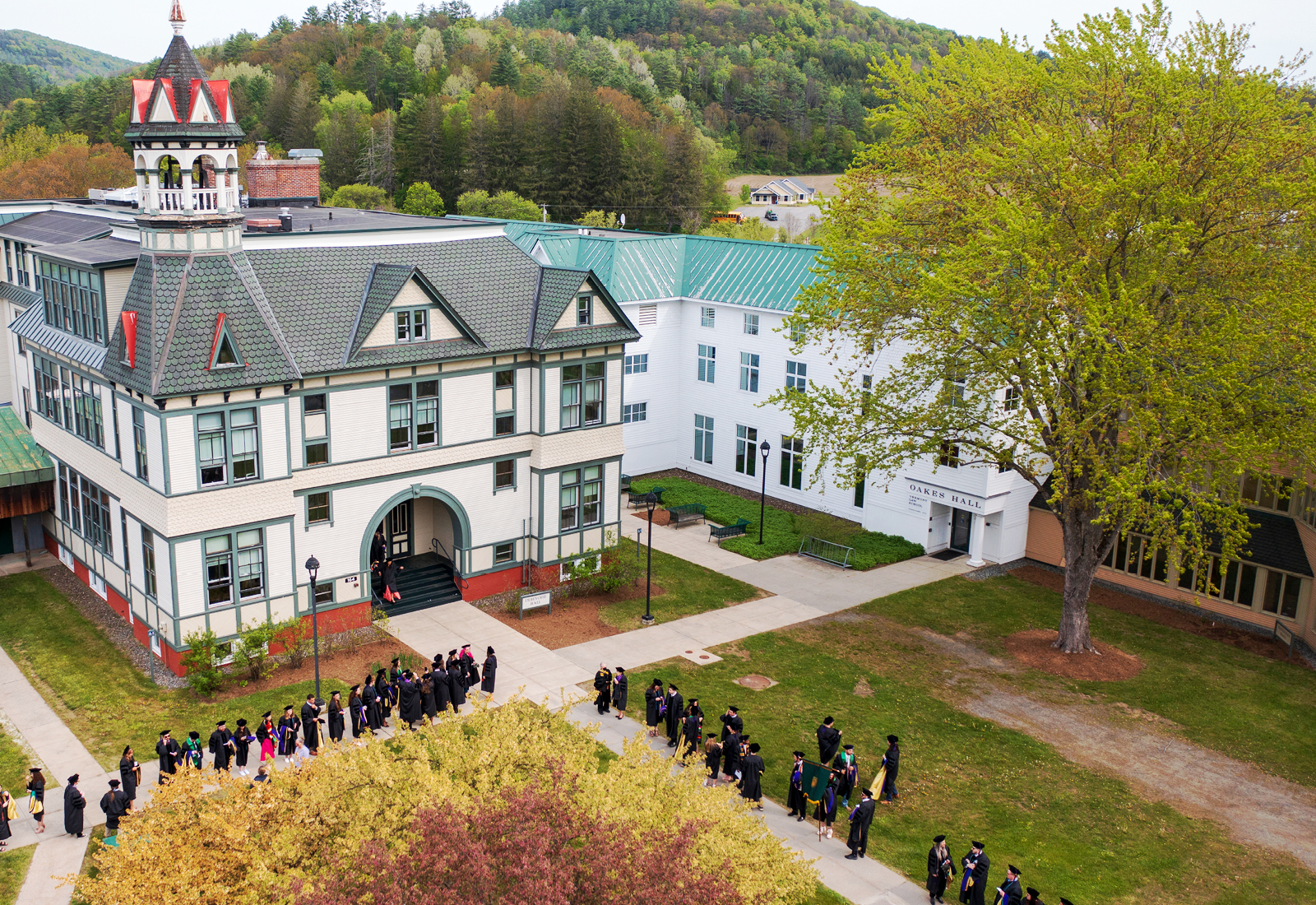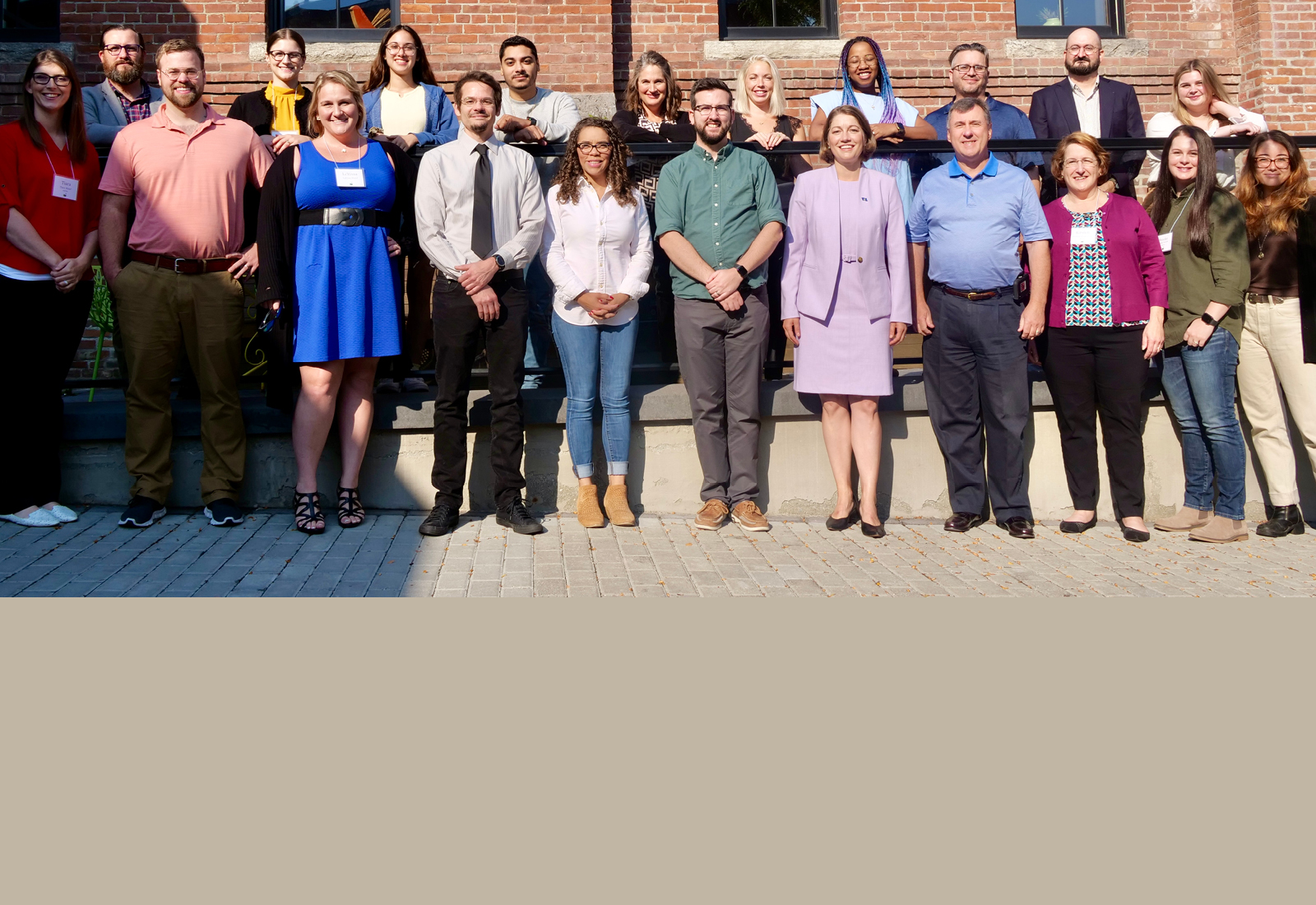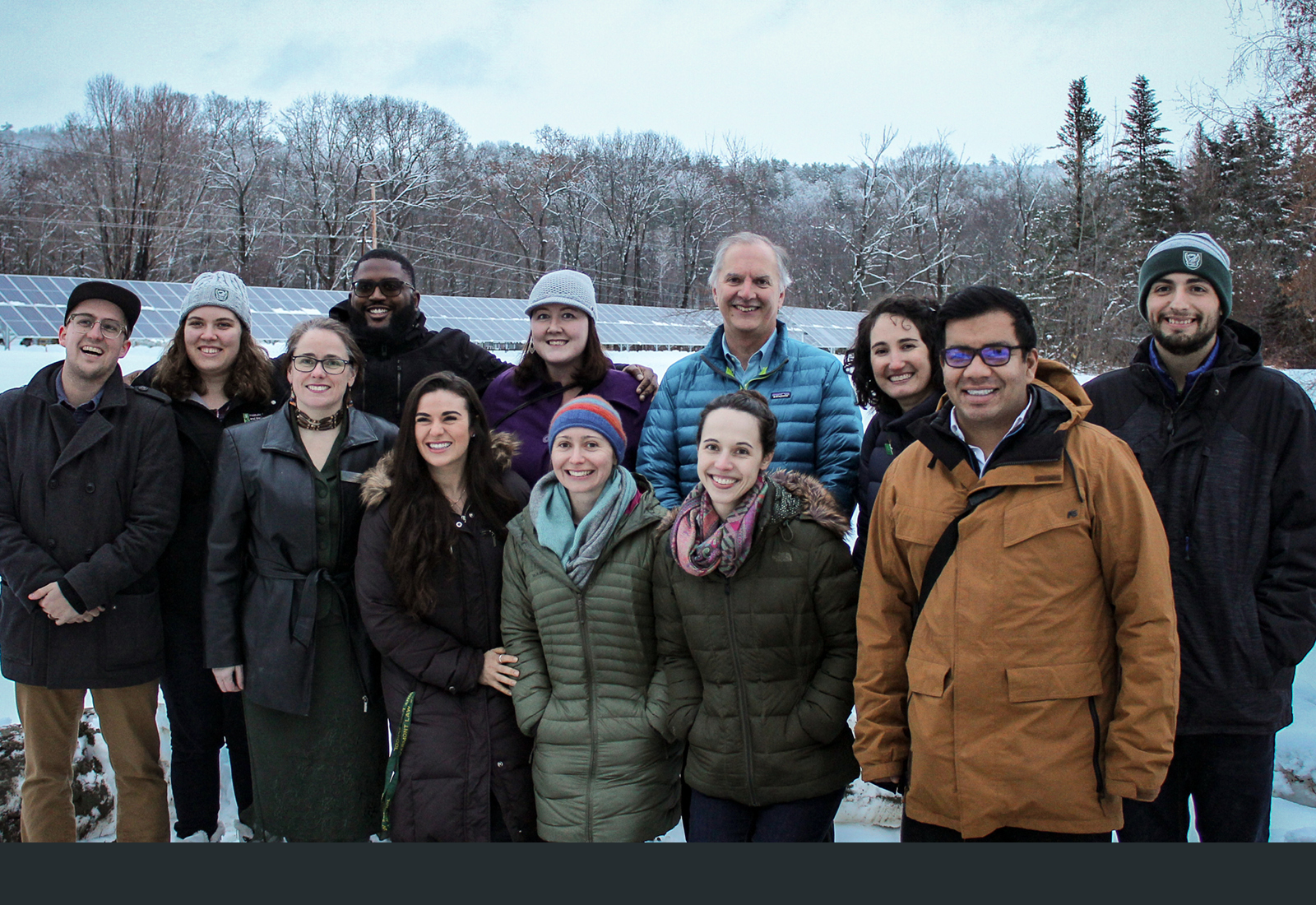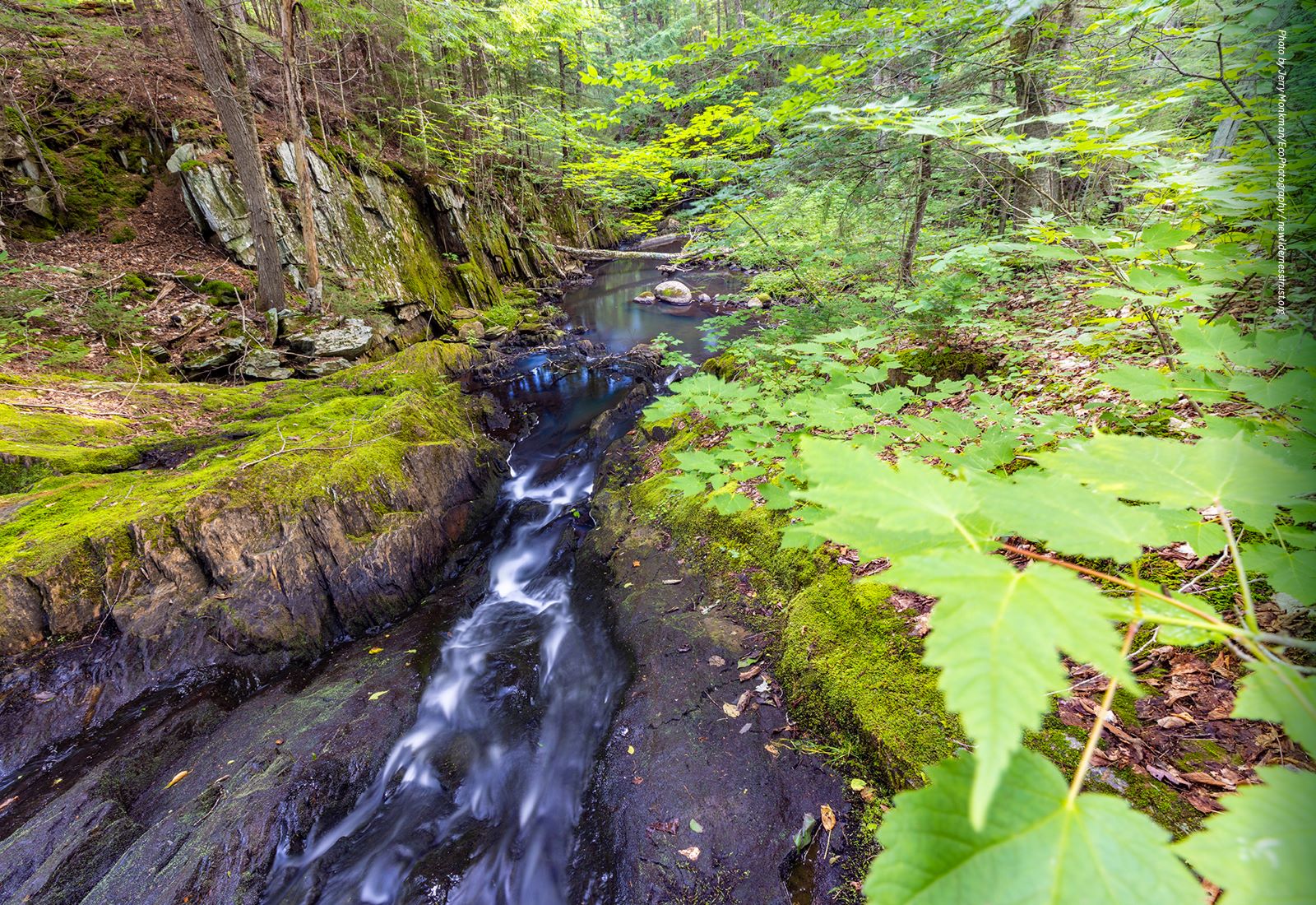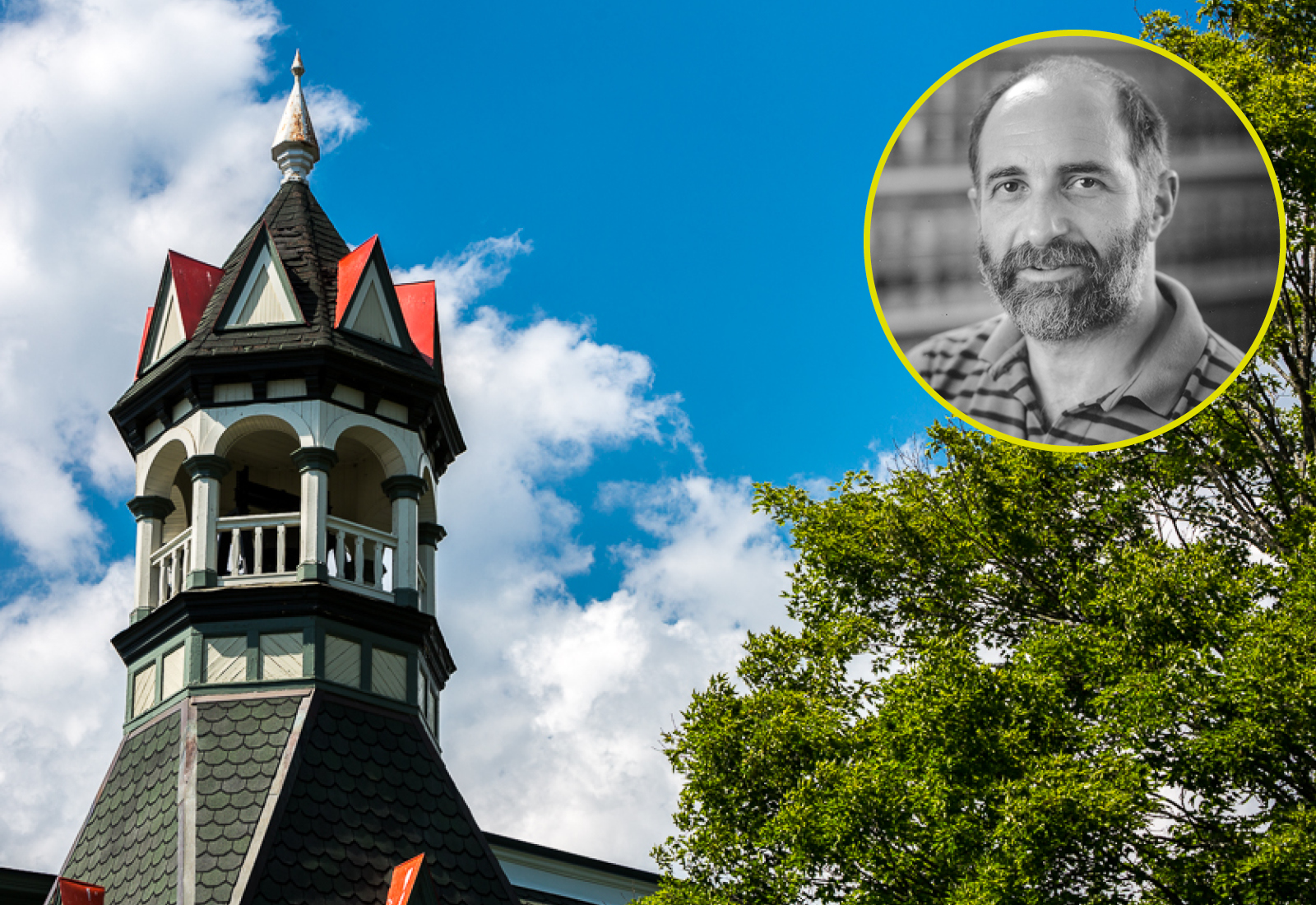VLS In the News
...giants have agreed to cede.
"The United States and its officers are frequent…
January 11, 2021
...giants have agreed to cede.
"The United States and its officers are frequent…
January 11, 2021
...giants have agreed to cede.
"The United States and its officers are frequent…
January 11, 2021
...giants have agreed to cede.
"The United States and its officers are frequent…
January 11, 2021
...giants have agreed to cede.
"The United States and its officers are frequent…
January 11, 2021
...giants have agreed to cede.
"The United States and its officers are frequent…
January 11, 2021

Tuition And Financial Aid Resources
EXPLORE

Student Groups
Summer Session Resources
Apply »
Summer Session Application for non-degree-seeking students
Summer FAQ »
Covering the most common questions asked about VLGS Summer Session















